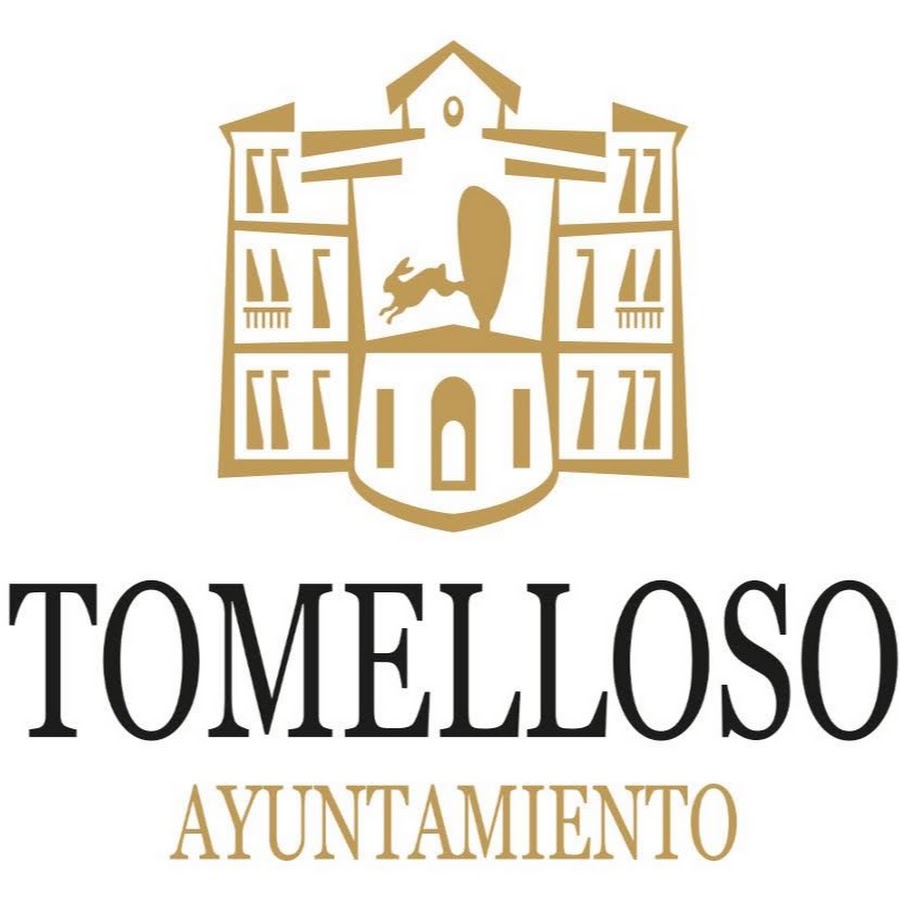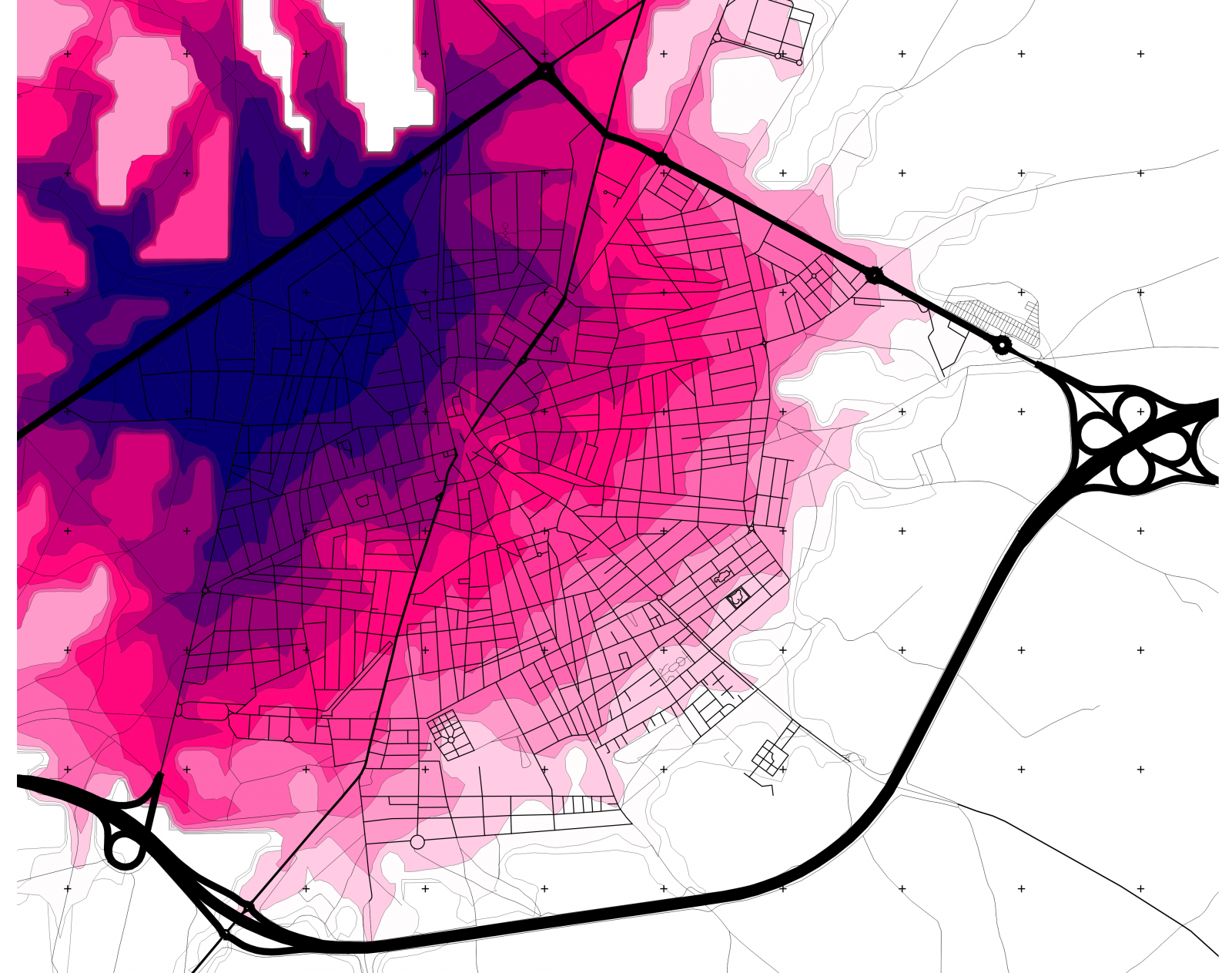Currently, from the European Community, the management of the last mile is identified as one of the strategic challenges in the management of cities to be resolved in the coming years (European Committee of the Regions 2018). This is a service that has appeared strongly in recent years more as a concept than as a reality from which high growth is expected and from whose good management we can obtain great benefits for citizens and also for the environment.
Since the appearance of electronic commerce in the mid-1990s (if we use the establishment of leading companies such as Amazon or Ebay as a reference date), online shopping has increased exponentially. This advances thanks to the cultural evolution of customers, the loss of mistrust towards this channel (linked to the increase in cybersecurity) but, above all, due to the progressive evolution of technologies such as payment platforms, the digitization of warehouses or the evolution of the different merchandise distribution systems (associated with the delivery of goods).
The project adresses how to implement a last mile service in Tomelloso, describing a sequence of actions that rationalize the current distribution system through criteria of specialization of functions in order to define a clear management mechanism. The objective of which are the reduction of GHG emissions, the reduction of emissions harmful to health (NO2 / PM10), the improvement and expansion of public space, the decongestion of the roads and the reinforcement of local commerce.
Images
Promoters

